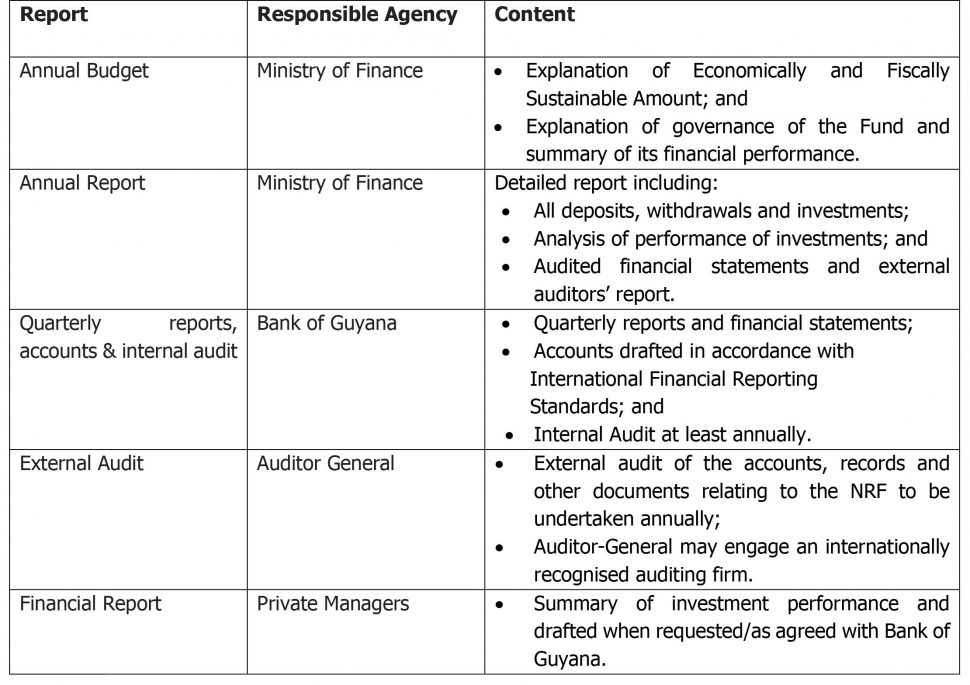
In the Executive Summary, it was stated that there were overpayments totalling $79.738 million to 79 contractors against measured works. However, it is not clear whether any mobilisation advances were deducted before arriving at the overpayments. A mobilisation advance is usually given for large contracts to enable contractors to acquire the necessary machinery and equipment and to mobilise them to the project work sites. The advance is recoverable over the life of the contract by way of deductions from each valuation certificate. Therefore, any attempt to match the value of physical works before they are completed, against payments made, will not give a true reflection of the extent of any overpayment, if any.
Today’s article discusses the oil revenues expected to flow in 2020; the feature address by the former Prime Minister of Trinidad and Tobago at the recent Guyana Manufacturing and Services Association’s annual presentation award dinner; and the Green Paper on the proposed Natural Resource Fund (NRF). At the time of writing, the Bill for the NRF has been published in the Official Gazette. This will be the subject of our next column.

